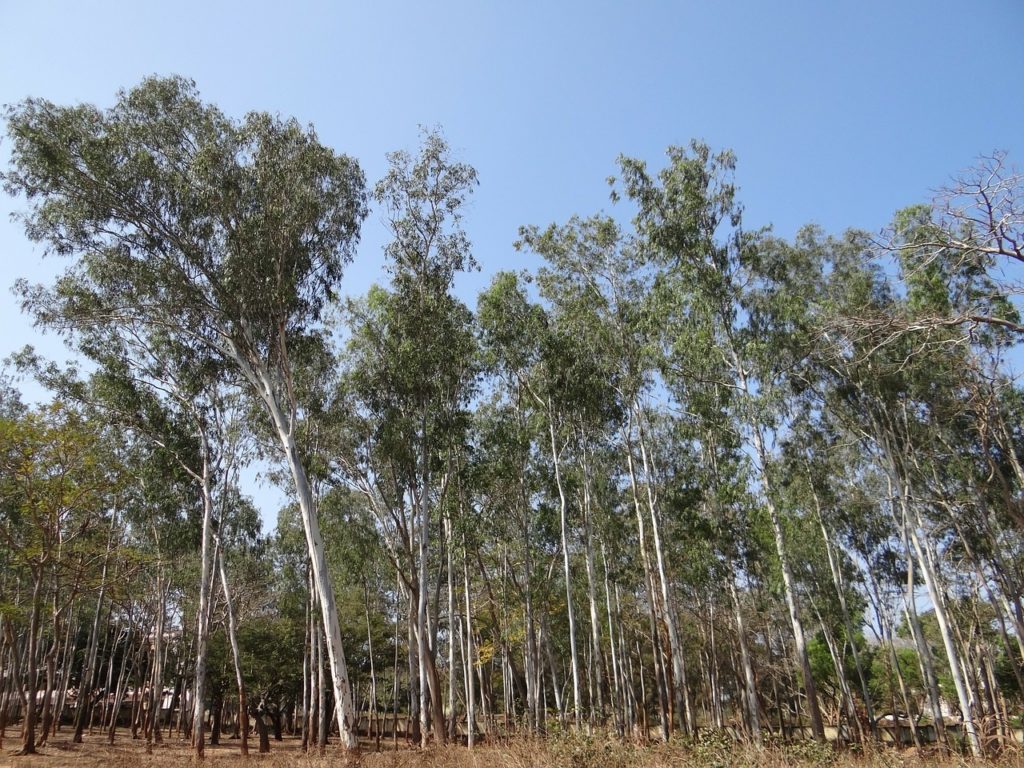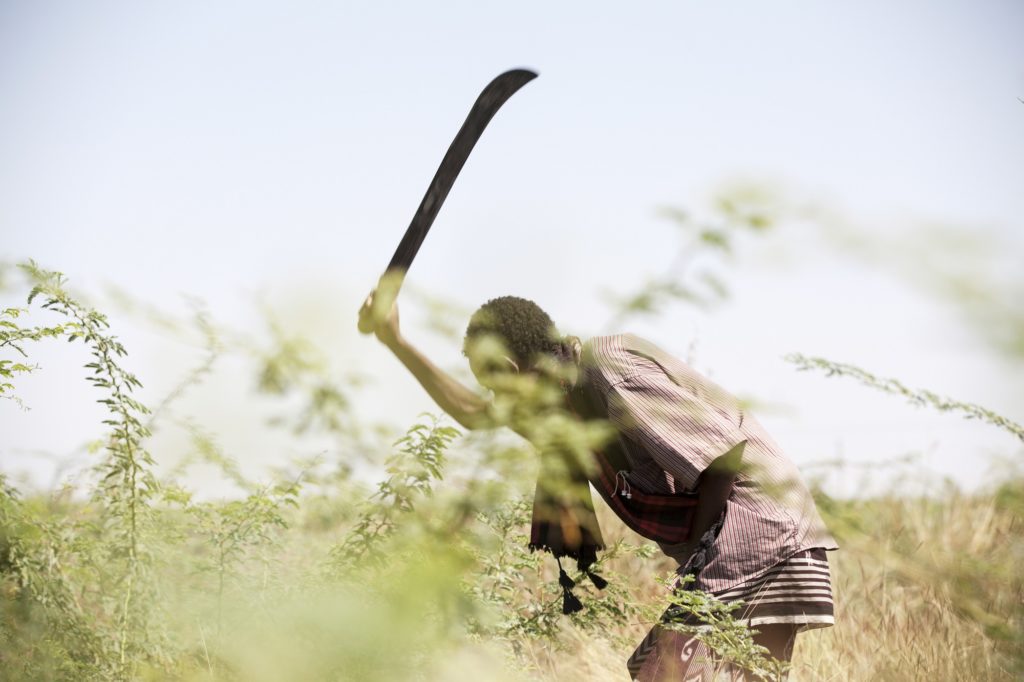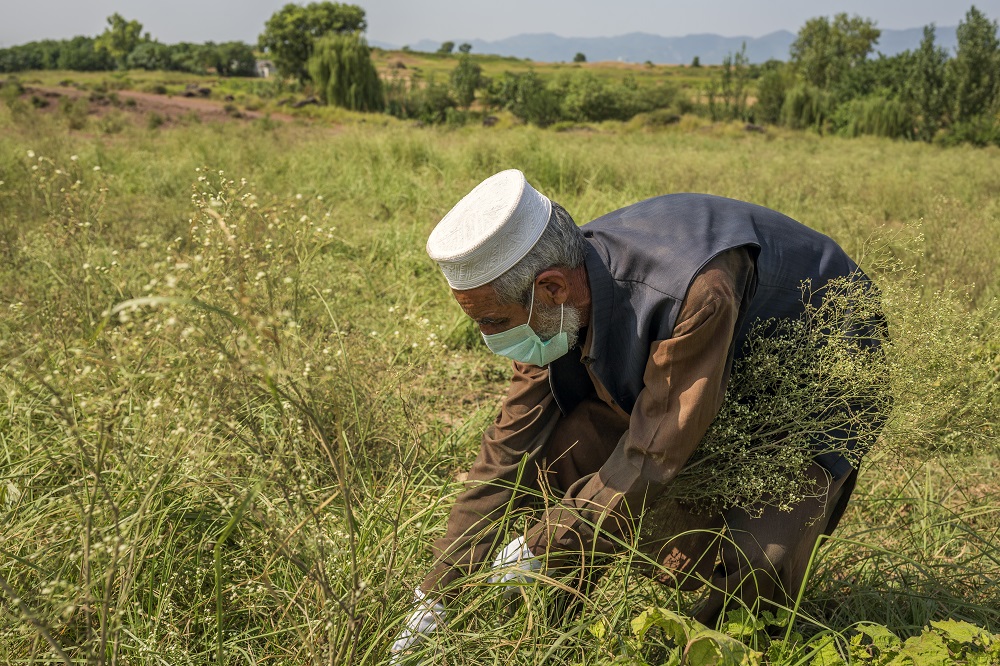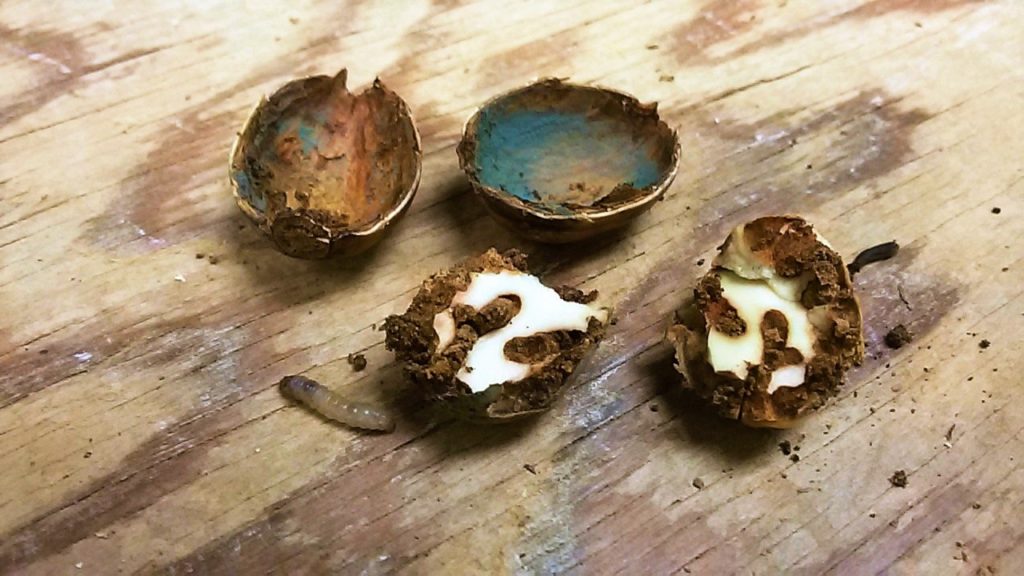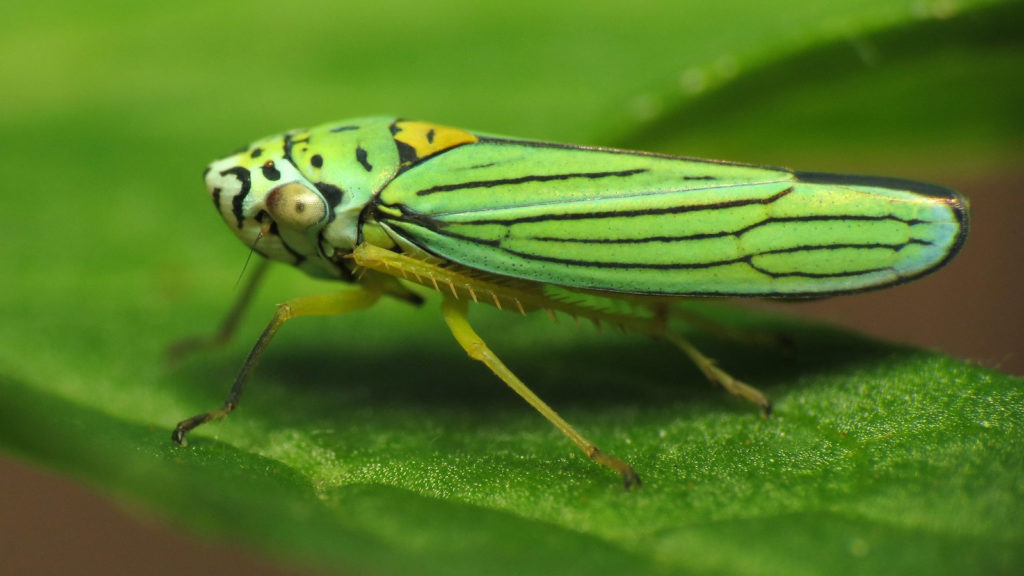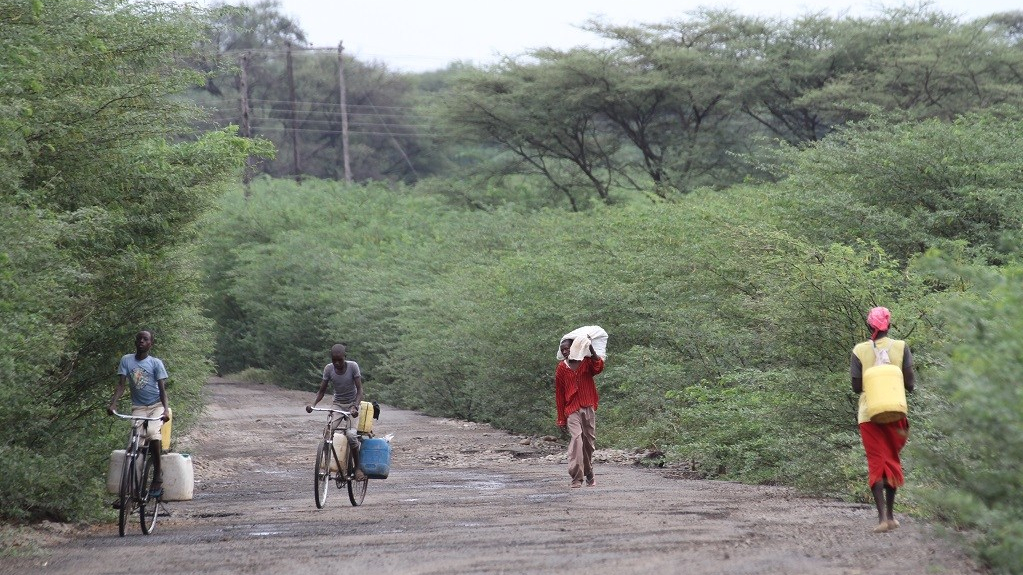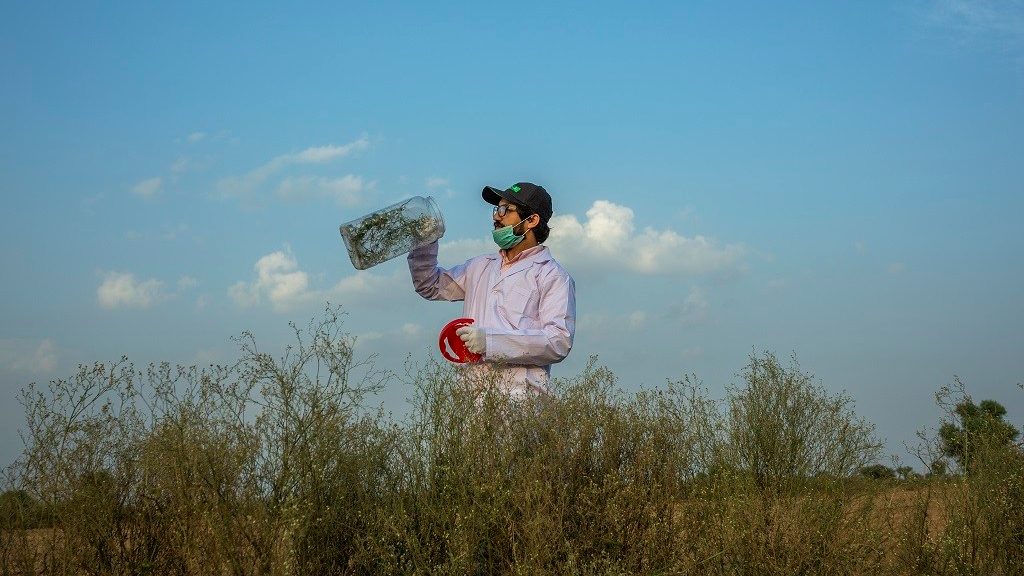New study: current resource use in areas of increasing prosopis cover is unsustainable
By Dr Urs Schaffner, Head Ecosystems Management In a newly-published paper in the journal Ecosystems Services: ‘The impact of invasive species on social-ecological systems: Relating supply and use of selected provisioning ecosystem services’, CABI scientists joined an international team of researchers who, in respect of the invasive weed prosopis, conducted the first study that integrates…
CABI shares expertise on highly noxious and invasive parthenium weed at international conference on climate smart agriculture
By Dr Kazam Ali, Biocontrol Research Officer – CABI Central and West Asia (CWA) International conferences are priceless opportunities, not only for researchers and scientists but also for experts, policy makers, stakeholders and students, to ‘sharpen your saw’ by learning new skills in a different environment.
Meet the man behind the headlines: The ‘Stink Bug Man’ Dr Tim Haye
Tim Haye spends a lot of his time behind the lens of a microscope or camera studying and capturing a range of invasive pests – largely unseen to the human eye. Recently Tim has been the focus of attention himself with the Swiss media keen on learning more about one of his ‘bugbears’ – the…
Traded forest tree seeds pose a great risk of introducing harmful pest, new research shows
CABI has led an international team of scientists who strongly suggest that the global trade of forest tree seeds is not as safe as previously believed, with insect pests and fungal pathogens posing a great risk to trees and forest ecosystems worldwide. Non-native insect pests and fungal pathogens present one of the major threats to…
Continuing the biological fight against a hardy foe – the maize-devastating western corn rootworm
CABI is continuing the fight against the maize-devastating western corn rootworm (Diabrotica virgifera virgifera) by collecting more than 22,000 live specimens of this chrysomelid beetle for further research into its biological control. Dr Stefan Toepfer has been busy in the maize fields of southern Hungary gathering the insects, which, of Mexican origin, have invaded many maize…
Collaborative effort in Kenya to manage the impact of scale insect in coastal region
By Fernadis Makale, CABI Scale insects – such as the coffee mealybug and cassava mealybug – are some of the least studied group of invertebrates in East Africa. However, a collaborative effort has been made to address the threat they pose to smallholder farmers: despite their cross-cutting status as pests in all plant groups, crops,…
CABI joins international team of scientists calling for a Global Surveillance System to fight crop diseases
CABI has joined an international team of scientists calling for a Global Surveillance System (GSS) to fight a range of diseases which threaten priority crops including maize, potato, cassava, rice, beans and wheat. The team, which includes the International Center for Tropical Agriculture (CIAT) – lead authors of a new report published in Science (28 June 2019),…
Scientists recommend measures to contain rapid woody weed spread in Baringo County, Kenya
A team of international scientists, including CABI’s Dr Urs Schaffner, have recommended ways to manage the devastating spread of the woody weed Prosopis juliflora, where in Baringo County, Kenya, its coverage rapidly increased by 2,031 percent in just 28 years. PhD student Purity Rima Mbaabu, affiliated to the University of Nairobi and co-supervised by Simon…
CABI’s new quarantine facility creates greater capacity for Parthenium research in Pakistan
CABI has increased its capacity to fight the highly invasive and destructive Parthenium weed by opening a new quarantine facility at its Central and Western Asia (CWA) offices and laboratories in Rawalpindi, Pakistan.

